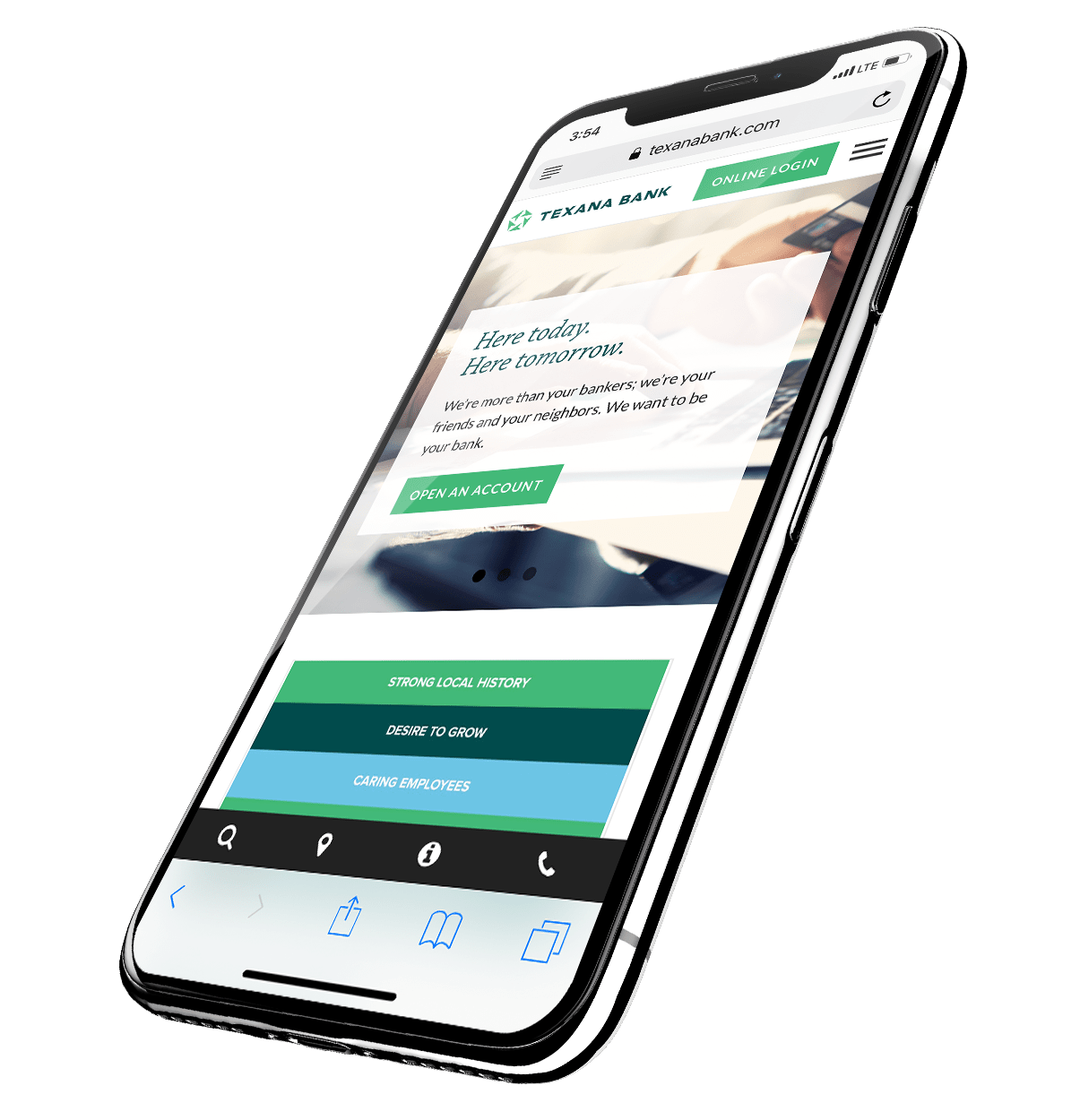As humans, it’s in our nature to stereotype people. That’s not a moral critique—our brains are hardwired to make these evaluations based on relatively little information. We’re constantly doing it, especially in the business and marketing world.
For instance, we see a CEO as a rigid taskmaster. He runs a tight ship, wears a suit every day, and keeps his office, car, and hair perfectly tidy. When we get him in a room with a bunch of other CEOs and decision-makers, we find ourselves developing an ad campaign targeted toward an unfeeling, type-A businessman.
But there’s always a someone behind the suit. Maybe this particular CEO spends his weekend surfing. Maybe every free second he gets, he runs to his garage, grabs his board, and runs down the long, wooden walkway he built himself to connect his house to the beach. Maybe the only reason he works so hard is to afford a house so close to the ocean. Maybe he loves adventure, constantly seeking an escape from the workweek.
Unfortunately, too many times we market to the superficial, not the whole person. We would likely never use that CEO’s sense of adventure in a B2B ad when we are targeting his company because, as marketers, we spend too much time thinking about the surface guy, the buttoned-up boss, and we never get to know the second guy, the inside man.
This doesn’t mean our CEO is in conflict, but there’s more to him. Isn’t there more to you than what you project to people every day? In my own conference room, my goal is for you to see me as a no-nonsense businessman who pushes the limits. In my office, fewer than 10 feet away, you’ll see a big stack of comic books next to my 1980s action figures.
Even thinking of people in only two facets doesn’t do them justice. The same CEO who is a hard-nose in the office and a surfer on the weekends also loves reading to his kids at bedtime.
I see too many B2B ads of two people wearing suits in a washed-out office environment shaking hands over some unknown business deal. Suits, handshakes, and sterilized-type lighting can be a big part of our CEO’s life, sure, but do you think an appeal to his suit persona or his beach persona would resonate more deeply with him?
I can’t tell you how many times I’ve had a prospective client tell me our campaign was going too far, when they were simply scared to go beyond the surface level of a marketing relationship.
“We could never make a commercial that lighthearted,” they say worriedly. “This is targeted to businesspeople, and businesspeople are very serious.”
Believe it or not, I know at least a few laid-back businesspeople. I’ve heard a few of them laugh at up to three jokes in one week.
Marketing is about connecting people’s desires with your products and services, but knowing what people want requires a level of transparency, and transparency requires a relationship beyond professional decorum. It calls for a level of vulnerability of which people are naturally afraid.
It’s easy to forget that a client’s business is only a business for everyone else. For them, it’s extremely personal. It makes sense for them to be protective of it. That’s the same hardwiring in your brain that makes snap judgements about people. The categories your instincts divide people into are those of trustworthiness and untrustworthiness. Without trust, without a relationship, your client won’t be candid about what they do and don’t like about a campaign or about what his/her wildest aspirations are for their business.
Not only will these relationships produce better work and retain clients longer, but they’ll also attract other clients who are more in line with your goals. In the end, it will make your job easier and more enjoyable, not to mention more profitable.
And most important of all, marketing campaigns that speak to the deeper level of customers are simply better campaigns.
Get to know your customers, and speak to the parts of them that aren’t totally obvious.
Surprise them.
Intrigue them.
For example, say we need to make a commercial advertising how our B2B product can speed up any company’s work flow. Let’s say we conduct a survey that shows 45 percent of CEOs in our target market enjoy outdoor activities (hiking, surfing, biking), and 38 percent are interested in classic cars.
Knowing these things allows us to make a more compelling commercial. We’ll feature middle-aged, professional-looking people who are off the clock. A guy who looks like he’s usually clean has grease up to his elbows as he works on his classic Corvette. Another zips up his wet suit and takes to the water with his surfboard. Following the obligatory product shots, we come back to our two professionals, one flying down the highway and the other surfing down a giant wave.
That sounds much more compelling than just another commercial of office space b-roll. It does more work because it speaks to the deeper desires and personal passions of at least a third of the room, things that would have gone unmined if we hadn’t considered them as many-faceted, individual people.
So stop falling back on what you think your customer will and won’t want based on their outer persona. Get to know them, and market to the man inside the suit.


